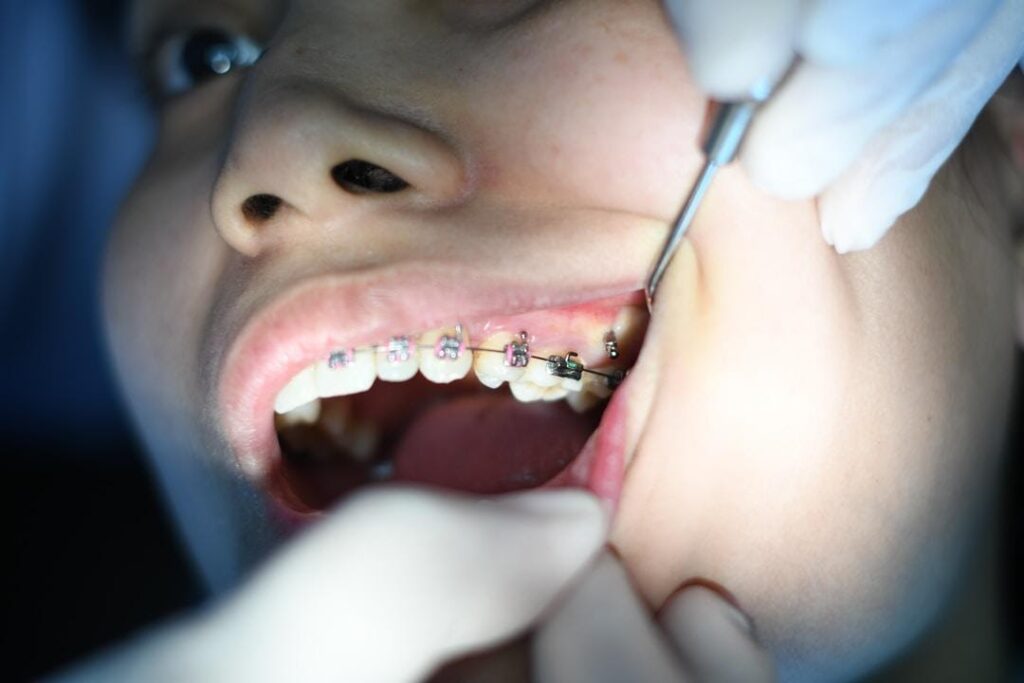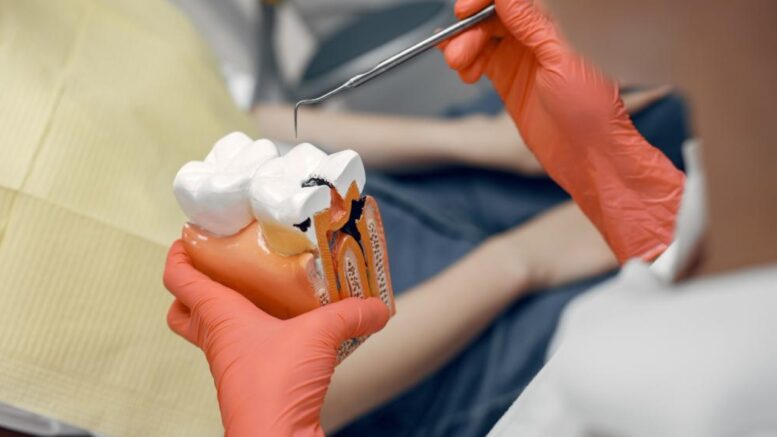Most people who have experienced a dental abscess will be keen not to have that experience repeated again. After all, a dental abscess can cause excessive discomfort, lack of sleep, inability to concentrate and even illness.
However, many dental patients are less than eager to learn that once the abscess has subsided and the discomfort has resolved, the best option for them may be to have a root canal performed.
But why is this so scary? Well, many people are basing their knowledge of root canals on media images or myths that they have heard. Rest assured that this treatment is entirely secure and can save your smile and your oral health.
So, what are some of the reasons why a dentist Coorparoo would perform a root canal? Read on to find out!
Tooth decay
Tooth decay is the most likely reason for needing a root canal. When the bacteria in plaque and tartar build up on the teeth, they can break down the enamel and reach the pulp. The bacteria can then cause an infection or inflammation in the pulp, which can lead to a root canal.
However, the top of the tooth may remain intact, prompting dental teams to leave the tooth in the mouth. In this instance, they will likely push for a root canal to keep all of your teeth in your mouth and to minimise the trauma that would be caused by extraction.
Trauma
Trauma, or damage to the tooth, such as a hard blow to the face, can also cause damage to the pulp. In some cases, the pulp may die immediately, while in others, it may take time for the symptoms to develop.
Either way, this is unlikely to be pleasant, and in the event that the crown of the tooth is knocked off, the nerve is more likely to be exposed, causing discomfort and even an infection. In the event that an abscess does not occur, it is still a wise idea to see your dental team to have a root canal fitted and, if you have lost the top of your tooth, to have a crown fitted.

Cracked or chipped teeth
When a tooth is cracked or chipped, the pulp may become exposed. This can allow bacteria to enter the tooth and cause an infection or inflammation. As you may have guessed, this will require a deep clean from your dental team, which is common in a standard root canal, along with a filling or crown to seal the initial damage.
Multiple dental procedures
Sometimes, repeated dental procedures on the same tooth, such as crowns or fillings, can cause damage to the pulp, leading to the need for a root canal. In this case, the fitting will likely be decided at a check-up, so there will be no need for an infection to form, which is good news!
Gum disease
There have been many cases wherein someone has needed to have a root canal fitted due to sensitivity that comes along with gum disease. As the gum recedes, the root is at a higher risk of being exposed, thus heightening the chance of an infection.
Any surgical or invasive procedure carries risks. Before proceeding you should seek a second opinion from an appropriately qualified health practitioner.
